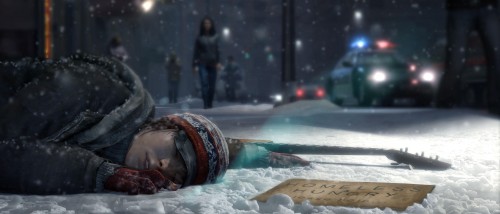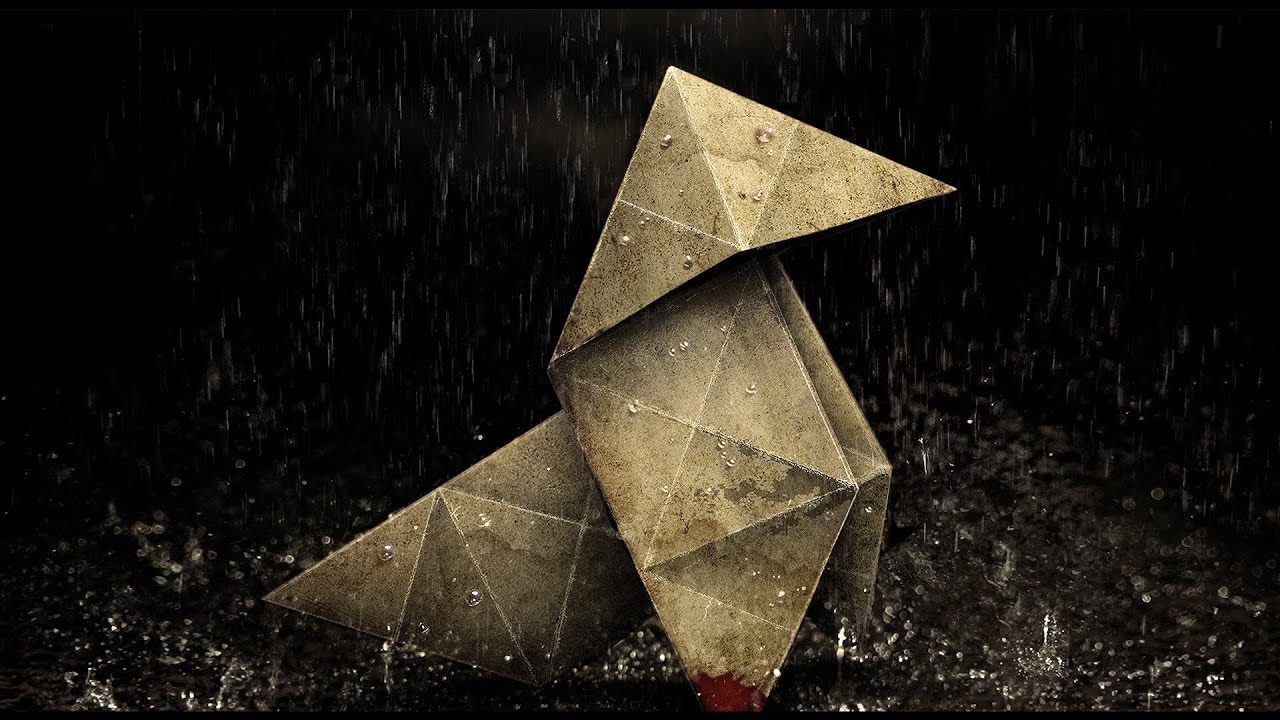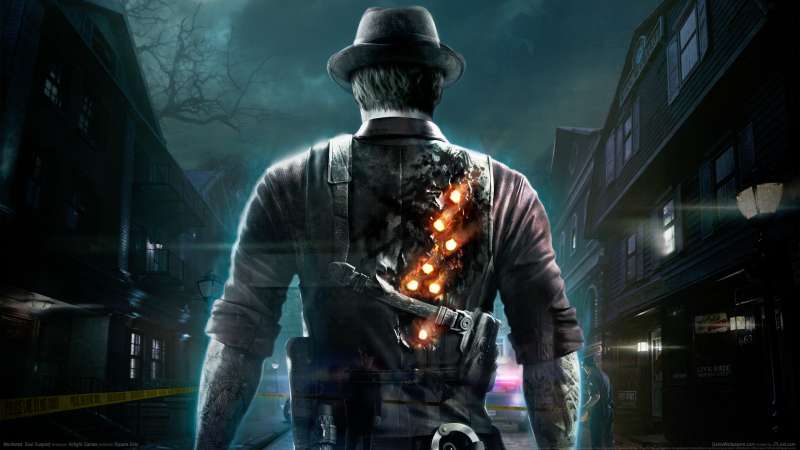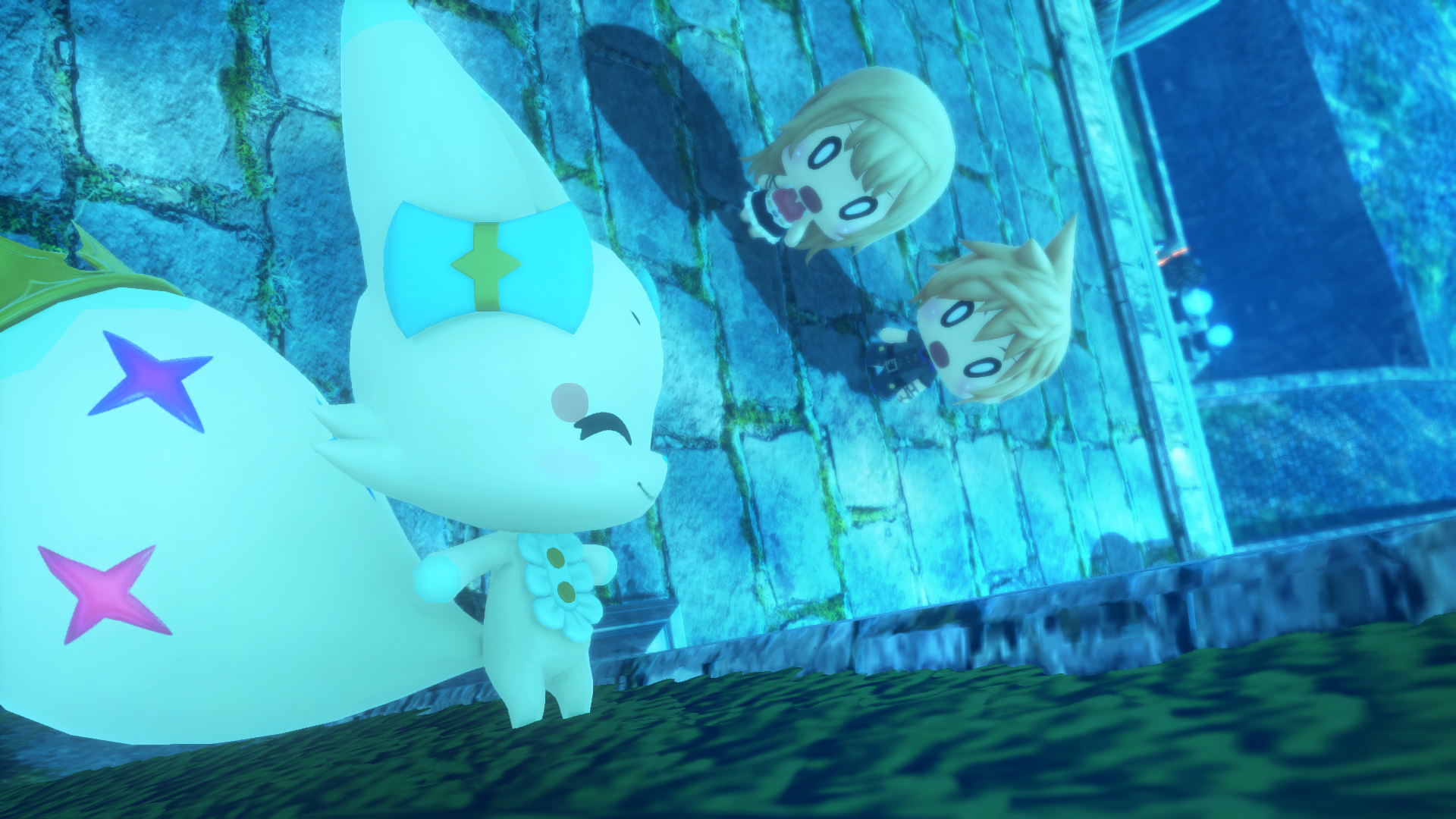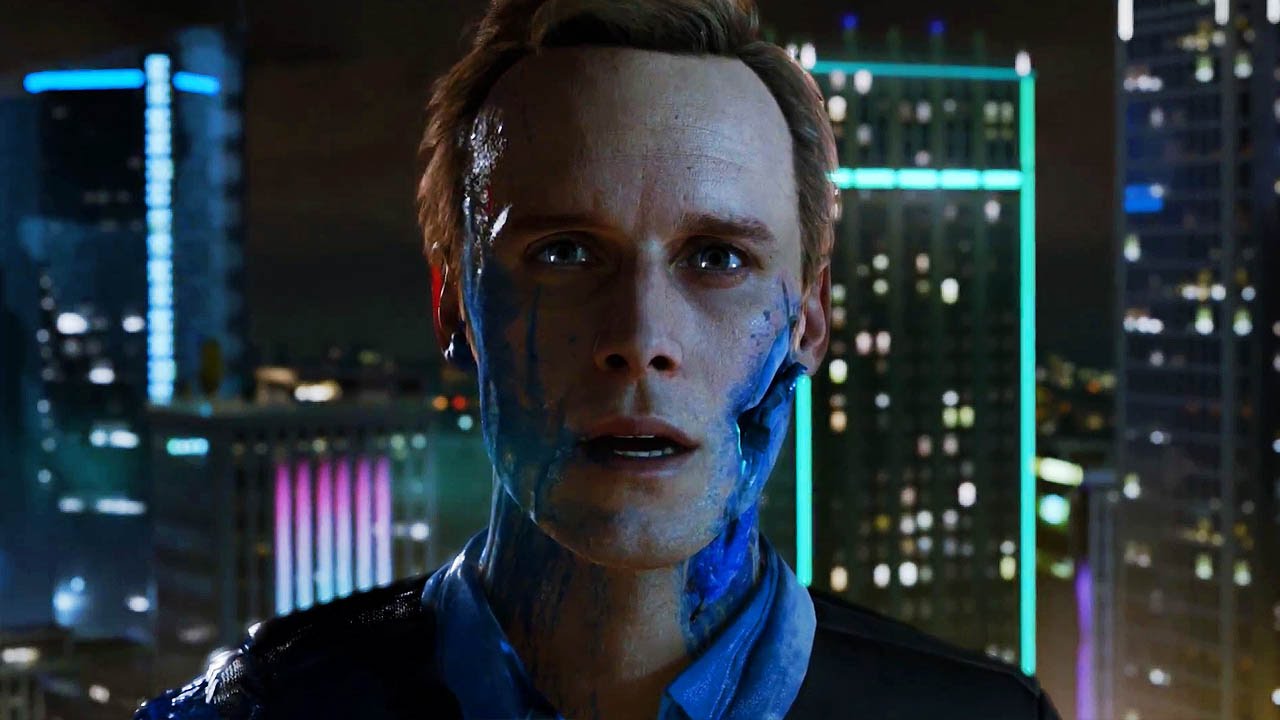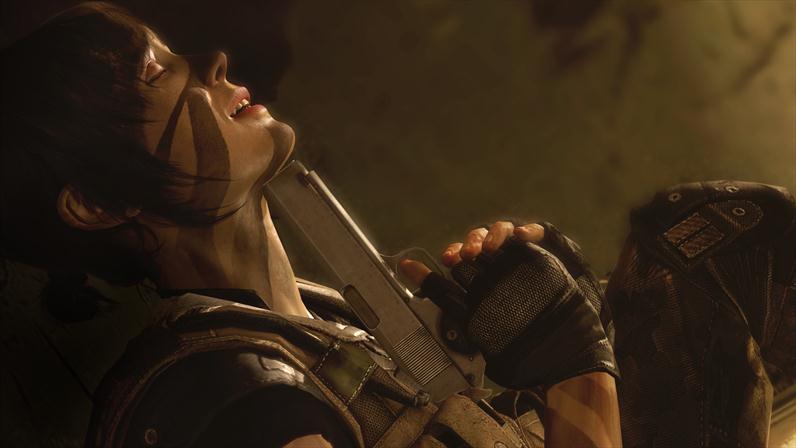
My experience with director David Cage’s past games can be summed up pretty simply – great start, awful finish. Fahrenheit had a ripper opening, as you found yourself in control of a murderer at the crime scene, with limited time to cover it up and escape the cops. Exciting, right? Then it all went pear shaped once the invisible bug monsters started appearing. Heavy Rain fared better, beginning with a race against time to save a young child from drowning at the hands of a serial killer, but the final reveal was so cheap and illogical it negated much of the storytelling which had come before. So, here we are at Cage’s third attempt (and I say Cage, rather than Quantic Dream, as the man subscribes to the ‘auteur’ theory) at a Sony-exclusive cinematic masterpiece, with Beyond: Two Souls. Does it fit my formula?
Well, sort of. It’s kind of hard to tell. See, Cage has gone for a non-linear narrative this time around, presenting the life of its protagonist Jodie in a series of levels experienced out of order, making it hard to know where to begin and end. Technically, you begin with Jodie fighting off a SWAT siege at a police station, before quickly flashing to her childhood, then her teenage years, then beyond. The narrative bounces all over the place haphazardly, never using its non-linear quality to its advantage. At one point in her life, Jodie has a luxurious apartment overlooking the city, with a hot date with a handsome boyfriend. At another point, she’s on the streets begging for change under the care of hobos with hearts of gold. A non-linear plot could contrast these scenes directly, but Beyond separates them out so that the irony is lost.
Some scenes are relatively short, while a couple are almost complete self-contained narratives. A journey to a Native American farm in the desert is treated like an episode of a TV show, with its own story arcs, characters and very little to do with the rest of the game. And it’s one of the better moments. This level, along with Jodie’s cliched (but well executed) homeless stint work well enough on their own to become highlights of the game. Some scenes, on the other hand, are virtual repeats of earlier ones. In particular, Jodie’s continually-failed attempts to integrate with the real world hammer their point home well before the third time you experience them. Occasionally, the writing falls flat on its face, with laugh-out-loud hilariously mishandled attempts at teen rebellion (an inexplicable goth phase) and romance. It’s clear Cage thinks of the game as a cinematic experience, right down to the 2.35:1 aspect ratio, but the structure feels stuck between the small and the large screen.
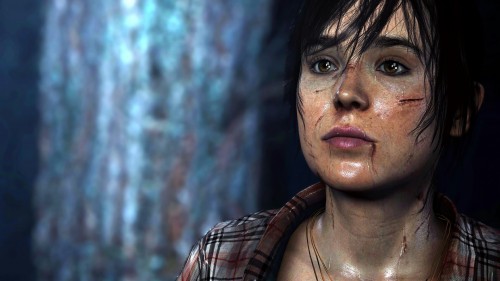
I haven’t even got to the main crux of the plot yet, which (mostly) revolves around Jodie’s invisible poltergeist companion, Aiden, who is permanently tethered to Jodie. Neither character is happy with the situation, yet neither seems to be able to survive without the other. Her supernatural condition allows her to control Aiden to some degree to toss objects around, possess the living or even suffocate them. More on that later. The nature of this connection is a mystery for much of the game, and once the secret is revealed it’s hard to see how it really affects anything in the game thematically. A couple of other suitably-bizarre twists late in the narrative almost spoil the story, and sabotage several characters. Despite this, I’d hesitantly say this is probably Cage’s most consistent effort yet.
Jodie is portrayed by Ellen Page, in a full-body motion capture performance that is undoubtedly an impressive achievement. A lot of the time Page isn’t given much to do but mope, but when there’s more for her to work with, she rises to the challenge and does her best with a largely humourless role. Similarly, Willem Dafoe’s appearance as Nathan, a scientist and father-figure to Jodie, feels surprisingly genuine and you really find yourself warming up to him. But it’s not just them, across the board, the acting is a major step up from Heavy Rain.
So, here’s where I’ll finally get to the gameplay, and if it seems like an afterthought – don’t worry, it probably was for David Cage too. Interactivity comes in three forms – your direct control of Jodie, your direct control of Aiden, and your overall influence on the story (which boasts multiple endings and small branching paths). Much of the complicated QTE button mashing of Heavy Rain has been eschewed in favour of right analogue stick action. Usually, you’ll be able to move Jodie around narrow spaces, looking for solitary dots on the screen which indicate interactivity. Pushing the stick in the relevant direction initiates the action, and that’s it. You’re nearly always on rails, and if you try to explore the camera will usually fight you and keep you pointed in the direction Cage needs you to go. During action sequences, the game takes control as the scene plays out for you, occasionally flashing into monochromatic slow-motion to indicate an interactive moment. You’re meant to evaluate the shot and push the right analogue stick in the direction of Jodie’s body movement, but this is easier said than done, and a really obscure replacement for QTEs that doesn’t really work. Luckily, you can fail most of these actions with little-to-no consequence, as the story will either continue along regardless, or take a short detour before getting you back on track.
Aiden is a little more interesting. You can fly about the environment, through walls and ceilings (your distance from Jodie always arbitrarily limited), effectively becoming the game’s cameraman. The best part of Aiden’s scenes are when he can peer behind the curtain, to see what other characters are doing without Jodie present. Most of the time, you’ll just be aching for a chance to mess around with something. Aiden has many opportunities to spook the living in various haunting scenes, but your choices are limited again to whatever objects have those interactivity dots over them. Sometimes there’s a range of crap to break, other times you’ll only have one or two options. It’s also frighteningly vague whatever your interaction will actually do. For example, with humans Aiden can give them the chills, enter their bodies to control them directly, or flat-out kill them. Starting out, you have to figure out for yourself how these actions are colour-coded, and even then the kill action sometimes seems to incapacitate, and other times brutally crushes necks. I feel bad for anyone attempting a no-kill run of the game. Aiden’s sections also suffer from poor floaty controls, that I was constantly fighting just to get my bearings.
Your overall effect on the storyline is questionable, too. Past David Cage games have ambitiously claimed (though not usually delivered) such interesting features like allowing you to kill off characters permanently, or totally change the outcome of events based on your choices and relationships. Beyond doesn’t feel like it has anywhere near the freedom that even Heavy Rain somewhat delivered. There seems to be an off-screen tally of how naughty or helpful Aiden is, but besides that very few of your actions affect the ending. I rebuffed the advances of Jodie’s would-be suitor (who’s totally not good enough for her) every time I was asked, yet I still had the option to end up with him by the end of the game. You can more or less see what the game has to offer on a single playthrough, and then just skip to the final chapter to make a couple of different decisions to check out other endings.
It’s hard to categorise how I feel about Beyond. I definitely have more critiques than compliments, but at the same time I enjoyed it for what it was. The game looks astonishing, with really authentic performances from the cast. Individual scenes are well executed, and occasionally powerful. Yet, a lot doesn’t work, chief among them being the structure and the gameplay. As an experience, it’s a natural evolution of Fahrenheit and Heavy Rain, but as a game it’s even less interactive than ever. I can’t say its a success as a game, a movie, or some blend of the two. But I would say it’s worth checking out.
Amazing character models and animation | Some elements of the story are well told | Fantastic acting
Muddled narrative | Minimal interaction | Dodgy controls

